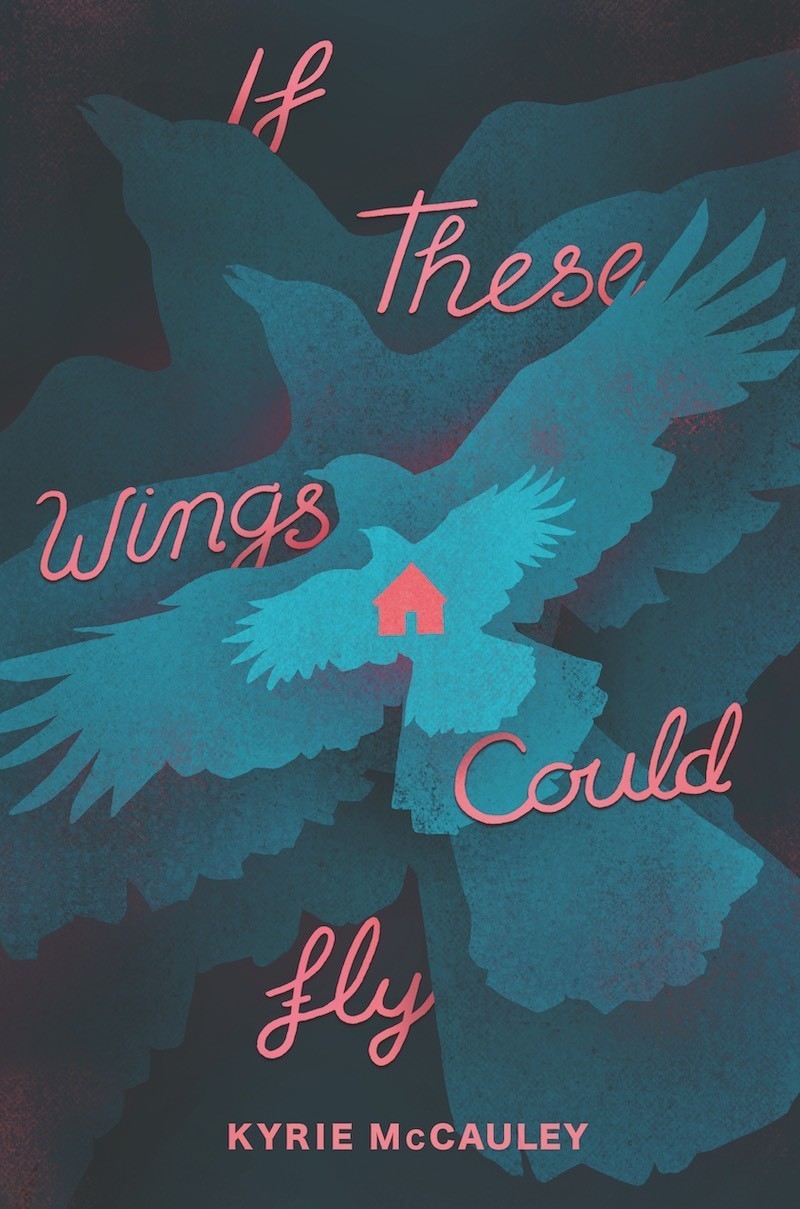Chapter 58
byChapter 58 of If These Wings Could Fly begins with an atmosphere of quiet reflection after a tumultuous night. Although the protagonist’s mother has managed to restore their home to some semblance of normalcy, it’s clear that both the emotional and physical scars of the recent events linger. The sense of discomfort is tangible, and the weekend feels long and oppressive, marked by silence and an unspoken tension. Despite the home’s restoration, their father continues to assert control, holding onto the phone and keys, effectively restricting the family’s freedom. This control leaves the protagonist feeling trapped, unable to act, and reluctant to challenge the situation, amplifying the powerlessness that defines their current existence. The chapter paints a picture of an emotionally stifling environment where even simple acts of resistance feel out of reach, adding to the sense of isolation and helplessness that pervades the household.
As the protagonist engages in writing a crow-themed column, the narrative shifts toward a more reflective tone, delving into Celtic mythology and the symbolism of the Morrigan, the goddess of fate and death, often depicted as a crow. This mythological figure serves as a powerful backdrop, mirroring the protagonist’s growing sense of foreboding and anxiety. The presence of crows outside their window, blocking out the sun in a dark, chaotic swarm, serves as a stark visual metaphor for the emotional turmoil the protagonist feels. The crows’ ominous presence is compounded by the local government’s decision to address the crow situation, hinting at an impending change in the town. This decision reflects the town’s discomfort with the natural world, positioning the crows as a symbol of the town’s broader issues. The growing tension in Auburn is signaled through this intervention, underscoring how the seemingly innocuous can take on deeper, more symbolic meaning. As the crows’ days in the town are numbered, so too are the days of the current equilibrium, suggesting that change is on the horizon, both for the protagonist and their community.
A moment of distraction shifts the narrative as a gust of wind scatters papers across the desk, leading to the discovery of a pink flyer about a scholarship contest with a fast-approaching deadline. This flyer acts as a symbolic turning point, representing the duality of pride—pride that hides uncomfortable truths and fosters an atmosphere where silence becomes the default response to injustice. The protagonist reflects on how pride runs deep in Auburn, where the community’s focus on maintaining appearances often leads to a lack of accountability. The citizens of Auburn prefer to avoid addressing difficult issues, operating under the belief that these matters are “none of our business.” This mindset, rooted in the desire to avoid conflict, stifles meaningful conversations and allows the problems within the community to fester. The protagonist’s recognition of this social dynamic becomes a critical moment of self-awareness, where they acknowledge the role pride plays in perpetuating an environment where individuals feel disconnected from the reality of their surroundings. The growing realization of this toxic pride deepens the protagonist’s sense of frustration, as they witness how this mindset contributes to the silencing of those in need and the avoidance of necessary change.
The chapter concludes with the protagonist preparing to write a powerful thesis for their column: “It is not the crows that make Auburn ugly.” This statement encapsulates the central theme of the chapter, drawing a direct line between the town’s outward appearance and the deeper, more insidious issues that lie beneath the surface. The crows, in their symbolic form, are not the true source of Auburn’s problems; rather, it is the social environment that fosters denial, repression, and avoidance of difficult truths. By pinpointing this, the protagonist hints at the larger narrative to come—one that will explore the ugliness of the town’s underlying social issues and the consequences of a community that refuses to confront its flaws. This revelation adds depth to the chapter, as it challenges the reader to rethink the way perception shapes reality and how the refusal to acknowledge uncomfortable truths can perpetuate an environment where change is not just difficult, but often impossible. The protagonist’s growing awareness of these dynamics sets the stage for a deeper exploration of their own role in the unfolding narrative and the ways in which their actions may help uncover the truth about Auburn’s struggles.

